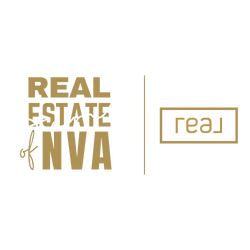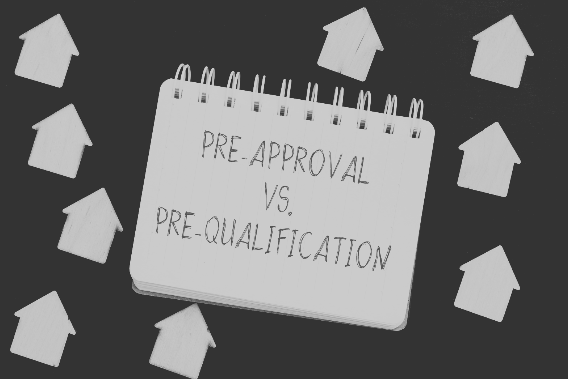When you’re preparing to buy a home, understanding the financial side of things can feel overwhelming. Two key terms you’ll often hear are: “pre-qualification” and “pre-approval.” While both involve your mortgage lender assessing your ability to buy a home, they are not the same. Let’s break down the differences so you can move forward with confidence.
What is Pre-Qualification?
Pre-qualification is an early step in the mortgage process. It’s essentially a rough estimate of how much you might be able to borrow based on the financial information you provide to the lender. This information typically includes your income, debts, and overall assets, but it’s usually self-reported. The lender does not verify the accuracy of this information, and they do not check your credit at this point.
Think of pre-qualification as a casual conversation with your lender. It gives you a general idea of what price range you should be looking at when you start searching for homes, but it’s not a firm commitment from the lender.
What is Pre-Approval?
Pre-approval, on the other hand, is a much more involved process. When you apply for pre-approval, is when your lender takes a deeper dive into your finances. They will ask for documentation such as your pay stubs, tax returns, and bank statements. In addition to reviewing these documents, the lender will also check your credit score.
Once the lender verifies your financial situation, they will provide you with a pre-approval letter that outlines how much they are willing to lend you, based on your verified income and creditworthiness. This letter is often valid for a certain period, typically 60 to 90 days.
Key Differences
- Level of Commitment: Pre-qualification is an informal estimate of how much you “might” be able to borrow, while pre-approval is a more formal commitment from the lender.
- Documentation: Pre-qualification is based on self-reported information, whereas pre-approval requires full documentation of your financial situation.
- Credit Check: Pre-qualification doesn’t involve a credit check, but pre-approval does. Lenders will pull your credit report and assess your score as part of the pre-approval process.
- Accuracy: Pre-qualification gives you a rough estimate of your potential loan amount, while pre-approval provides a specific amount you are likely to be approved for, assuming there are no major changes in your financial situation.
- Impact on the Buying Process: Pre-qualification can help you understand your financial position, but it won’t carry much weight with sellers. Pre-approval, on the other hand, shows that you are a serious buyer who is financially capable of purchasing the home.
Why Pre-Approval Matters
Being pre-approved has significant advantages when it comes to house hunting:
- Strengthens Your Offer: In our highly competitive housing markets, sellers demand offers from buyers who have been pre-approved. It gives them confidence that the deal will go through without financing issues.
- Knowing Your Budget: Pre-approval gives you a clear picture of how much house you can afford, preventing you from wasting time looking at homes outside your price range.
- Ability to Act Quickly: In our fast-moving markets, homes sell quickly. Being pre-approved means you can put in an offer immediately, which could be the difference between getting the home you love and missing out.
- Time Saver: The pre-approval process forces you to gather and submit all necessary financial documents upfront, saving you time later in the process. It also gives your lender a head start on finalizing your mortgage once you’ve found the right home.
Recommendations for Home Buyers
If you’re serious about buying a home, it’s imperative in our market to get pre-approved BEFORE you start your search. Not only does pre-approval show sellers you’re a committed buyer, but it also gives you a clear understanding of your budget and speeds up the closing process once you find the right home.
While pre-qualification can be a good first step for general budgeting and planning, pre-approval is the key to entering the market prepared. When you’re pre-approved, you’ll be able to shop with confidence, knowing you’re ready to make an offer that sellers will take seriously.
Bottom Line
By securing pre-approval before starting your home search, you’ll be in the best possible position to move quickly and negotiate from a place of strength. It’s one of the most effective ways to set yourself up for a smooth, successful home-buying journey.
If you are nervous about your credit score and the credit check for the pre-approval, read this article next: The Real Impact of Mortgage Credit Checks on Your Credit Score—Debunked
As always . . .
Be sure to check out the:
- Home Valuation Tool
- Reach out for your personalized Home Value Report
- Calculate your future mortgage
Don’t forget the Home Buying and Selling Guides !
Never miss an issue by subscribing below and I look forward to speaking with you soon about your free Home Preparation and Market Analysis consultation!




